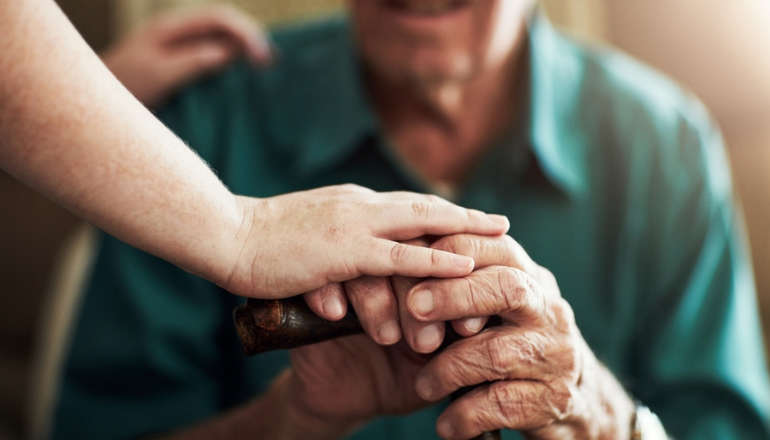
The Care Quality Commission (CQC) has taken action to protect people living at Blackwater Mill Residential Home in the Isle of Wight, following an inspection in March and April.
Blackwater Mill Residential Home in Newport, Isle of Wight is operated by Blackwater Mill Limited and provides accommodation and personal care to older people, some of whom are living with dementia.
The inspection was prompted in response to concerns CQC received around the safety of the home.
Following the inspection, the home’s overall rating has dropped from requires improvement to inadequate.
The ratings for how safe and well-led it is have declined from requires improvement to inadequate.
Effective and caring have dropped from good to requires improvement. The area of responsive was not rated at this inspection and retains its previous rating of good.
CQC suspended the ratings of the service after the inspection and is using its regulatory powers further.
The service has been placed in special measures, which means it will be kept under close review by CQC to keep people already living there safe whilst improvements are made.
Neil Cox, CQC deputy director of operations in the south, said:
“When we inspected Blackwater Mill Residential Home, we were concerned to find it was being poorly managed and issues identified at previous inspections hadn’t been addressed.
"This meant people living at the home were at risk of harm and their care fell below the standard they have a right to expect.
"Issues had also been raised by the local authority and Healthwatch and they hadn’t listened to the advice of the specialist Dementia Outreach Team regarding the support of one of their residents.
"We also found CQC wasn’t always notified when incidents had happened and there was little evidence that leaders shared learning with staff when things went wrong.
“We were concerned to find a number of safety issues with the building which put people living at Blackwater Mill Residential Home at risk.
"Equipment to detect falls and how people moved around the home weren’t being used properly and call bells were fitted out of people’s reach.
"There were also several stairgates that weren’t fit for use in a care home, with some unlocked, the wrong height, and made from weak materials which people could fall through.
"We raised concerns about the stairgates on the first day of inspection but still found many were open or unlocked.
“Staff hadn’t received all the training they needed and they lacked consistent guidance on how to support the people they looked after.
"This included supporting people with medical conditions such as epilepsy and Parkinson’s disease. In some cases, care plans contained conflicting information or were generic, with the wrong names and personal information inside.
"The care plan for someone living with dementia lacked any guidance for staff on the condition, people who had difficulty swallowing were fed meals which were the wrong texture and put them at risk of choking, and others were fed meals which went against their dietary preferences.
“The service wasn’t supporting people to have the maximum amount of choice and control over their lives.
"Someone was stopped from going out alone, there was movement monitoring equipment in someone’s room without consent, and the service didn’t always allow people to choose when intimate personal care was carried out.
"People weren’t always involved in decisions about their care and their capacity to consent hadn’t been assessed.
“Staff didn’t support people to engage in meaningful activities and their care wasn’t person-centred.
"We saw people appeared unkempt and didn’t always receive timely support from staff.
"Three people sitting in the dining room for most of the day with little interaction from staff other than at mealtimes.
"People who chose or needed to stay in their bedrooms had little social or emotional engagement from staff. Records showed one person received little to no social interaction for 20 days.
“We’ve told the provider where improvements need to be made and have taken further regulatory action to keep people safe.
"We will report on this when we’re legally able to do so. We will continue to monitor the home closely during this time.”
Inspectors found:
- There were additional concerns with the safety of the environment. Smoke alarms were missing from several areas. A boiler room was left unlocked with access to hot pipes, putting people at risk of burning themselves. Equipment was stored in corridors and hallways which caused trip hazards and cleaning trolleys, including chemicals, was left unattended and accessible to people.
- Medicines were not being managed safely, with poor record-keeping, and staff training. Some people had not received their prescribed medicines due to them being out of stock, or because staff had not escalated concerns if someone refused or did not have their medicines. In one case someone was not given their medicine because they were asleep. Fridge temperatures were recorded as outside the range to safely store medicines for four months, but no action had been taken.
- Visiting professionals reported witnessing unprofessional and hurtful behaviour at the home, including staff making negative comments about residents in front of them, and noted that people appeared unkempt.
- There were staff shortages and staff shared concerns about the culture at the home, including poor treatment and a lack of support from senior leaders.
The report will be published on CQC’s website in the next few days.

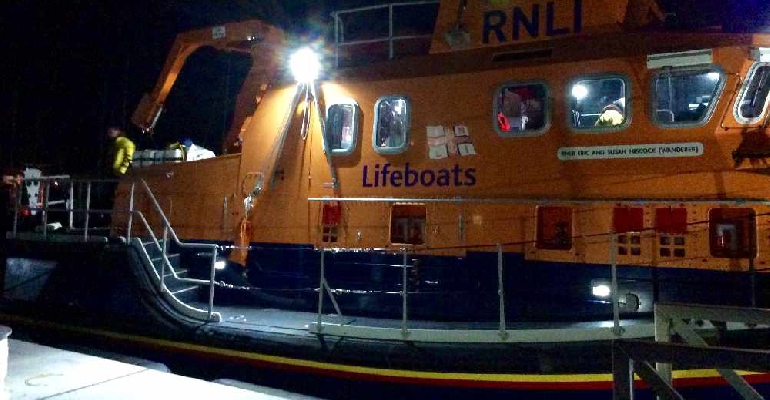 Engine Problems Lead To Yarmouth RNLI Callout To Osborne Bay
Engine Problems Lead To Yarmouth RNLI Callout To Osborne Bay
 Ryde Academy Students Donate To Two Worthy Causes At Christmas
Ryde Academy Students Donate To Two Worthy Causes At Christmas
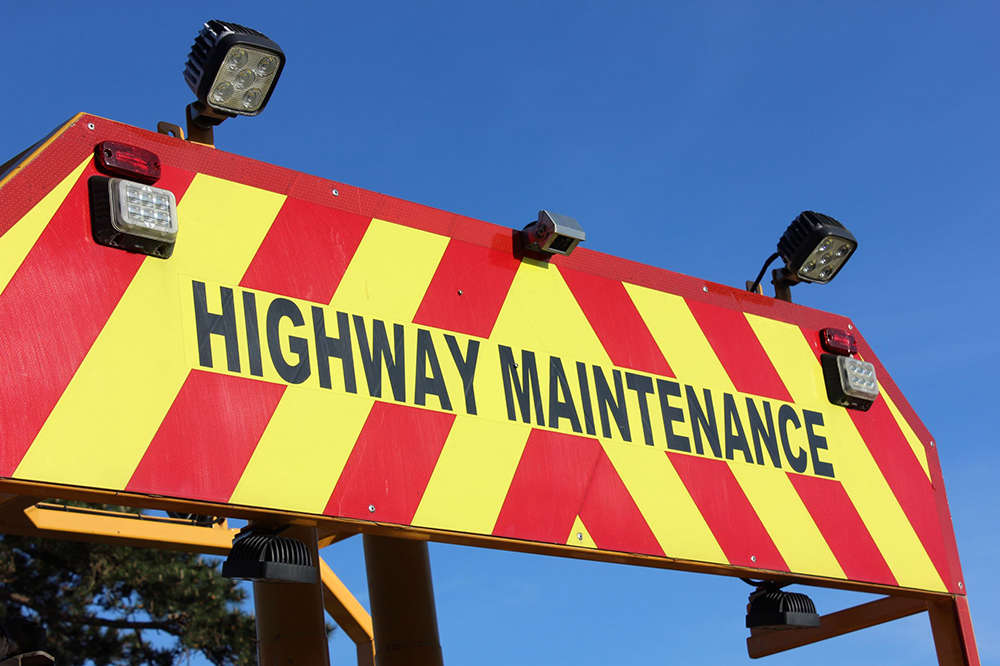 Road Improvement Works To Get Underway From The Very Start Of The New Year
Road Improvement Works To Get Underway From The Very Start Of The New Year
 Isle of Wight Youth Trust Benefits From Big Give Support
Isle of Wight Youth Trust Benefits From Big Give Support
 Council Chair 'Furious' Over Floating Bridge Replacement Fiasco
Council Chair 'Furious' Over Floating Bridge Replacement Fiasco
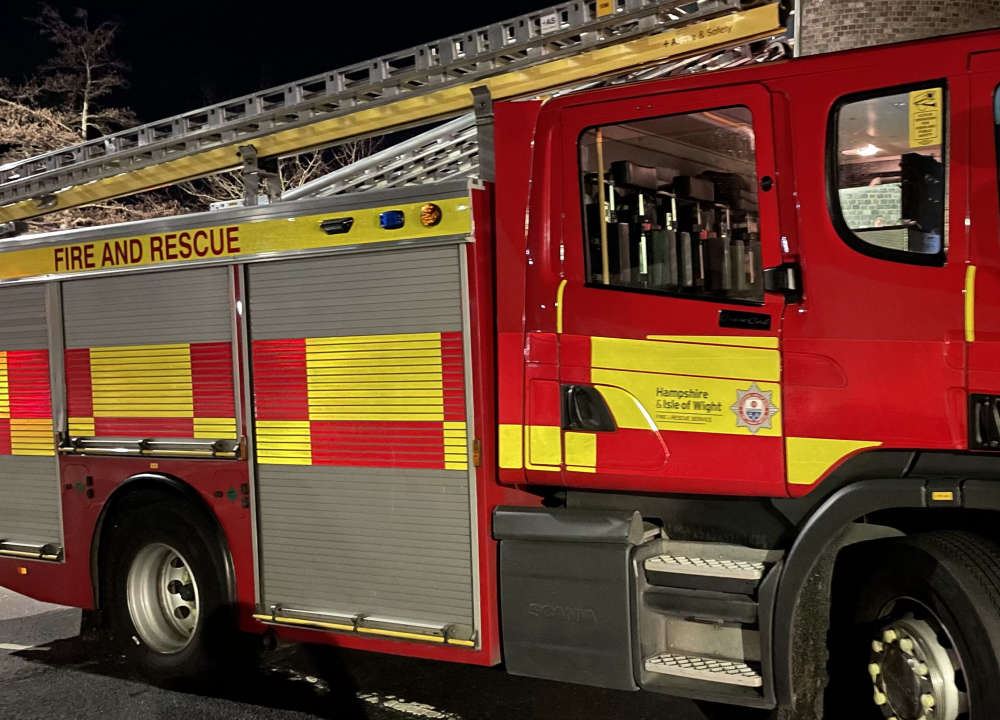 Fire Service Travel To Island Contributes To Huge Budget Overspend
Fire Service Travel To Island Contributes To Huge Budget Overspend
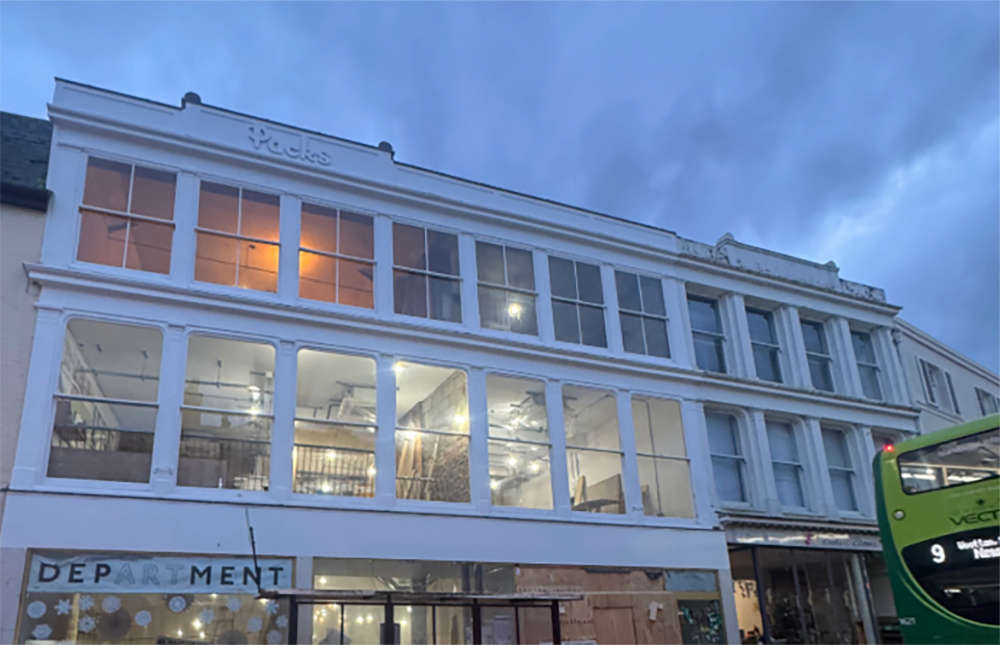 Department Approaching Completion In Ryde As Opening Date Announced
Department Approaching Completion In Ryde As Opening Date Announced
 Guidance Issued Over Sharps Disposal As Waste Teams At Risk
Guidance Issued Over Sharps Disposal As Waste Teams At Risk
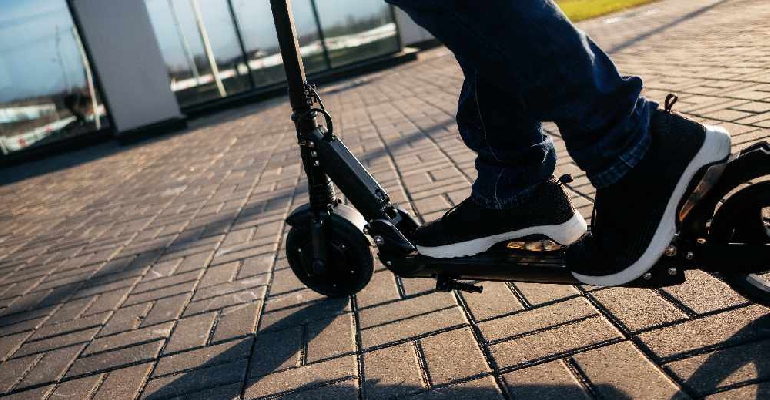 Police Warnings Over E-Scooters Ahead Of Christmas Day
Police Warnings Over E-Scooters Ahead Of Christmas Day
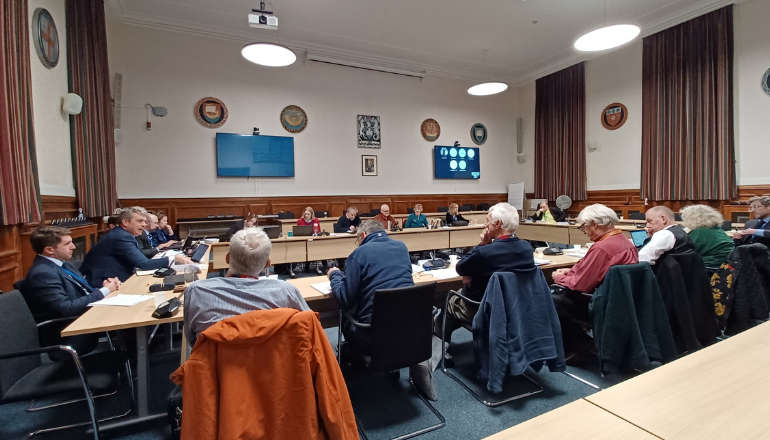 Controversial Freshwater Housing Proposal Turned Down
Controversial Freshwater Housing Proposal Turned Down
 Rare Mantis Shrimp Discovery Made In Waters Off Isle Of Wight
Rare Mantis Shrimp Discovery Made In Waters Off Isle Of Wight
 Man In 50s Confirmed Dead Following Newport Crash
Man In 50s Confirmed Dead Following Newport Crash
 Pedestrian In Hospital With Serious Injuries Following Early Morning Motorcycle Crash
Pedestrian In Hospital With Serious Injuries Following Early Morning Motorcycle Crash
 Cowes Stately Home To Have Facilities Upgraded As Part Of Approved Renovation
Cowes Stately Home To Have Facilities Upgraded As Part Of Approved Renovation
 Ofsted Deliver Glowing Report For 'Welcoming' And 'Highly Ambitious' Island Primary School
Ofsted Deliver Glowing Report For 'Welcoming' And 'Highly Ambitious' Island Primary School
 Help Available For Islanders To Cut Energy Bills
Help Available For Islanders To Cut Energy Bills
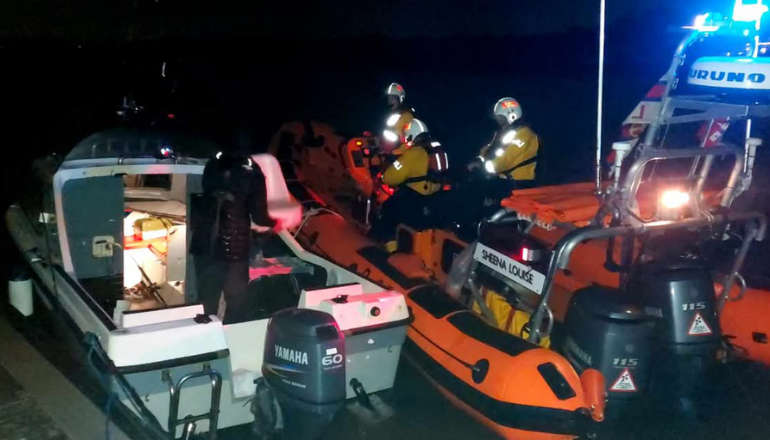 Cowes Lifeboat Performs Mid-Solent Rescue Of Fishing Boat
Cowes Lifeboat Performs Mid-Solent Rescue Of Fishing Boat
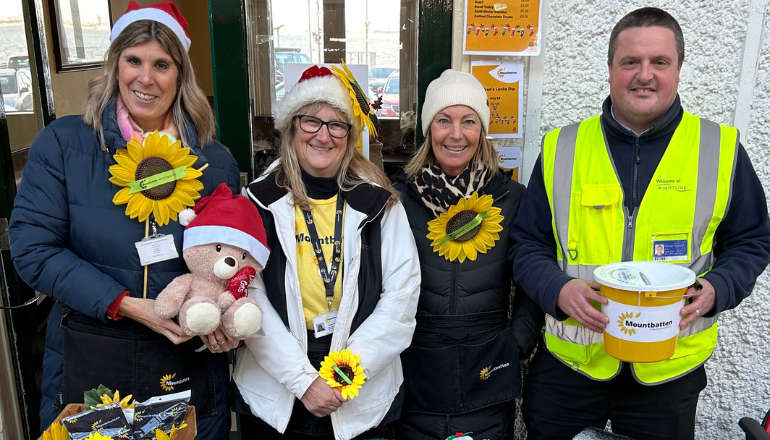 Christmas Shopping With A Difference In Ryde – Half A Mile Out To Sea!
Christmas Shopping With A Difference In Ryde – Half A Mile Out To Sea!
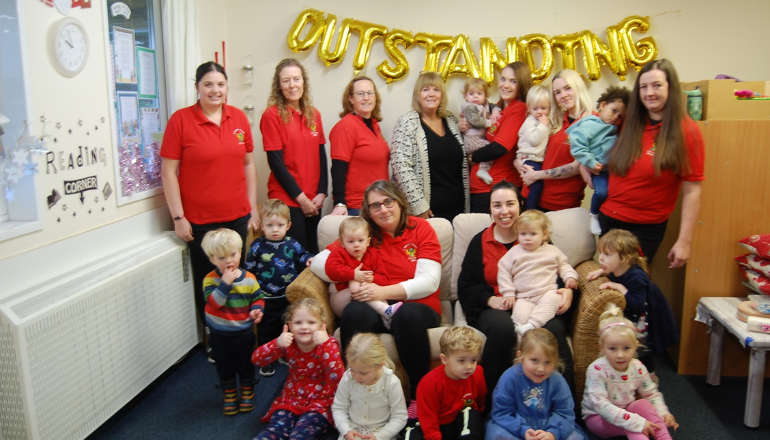 Home-From-Home' Nursery Given 'Outstanding' Ofsted Grade
Home-From-Home' Nursery Given 'Outstanding' Ofsted Grade


